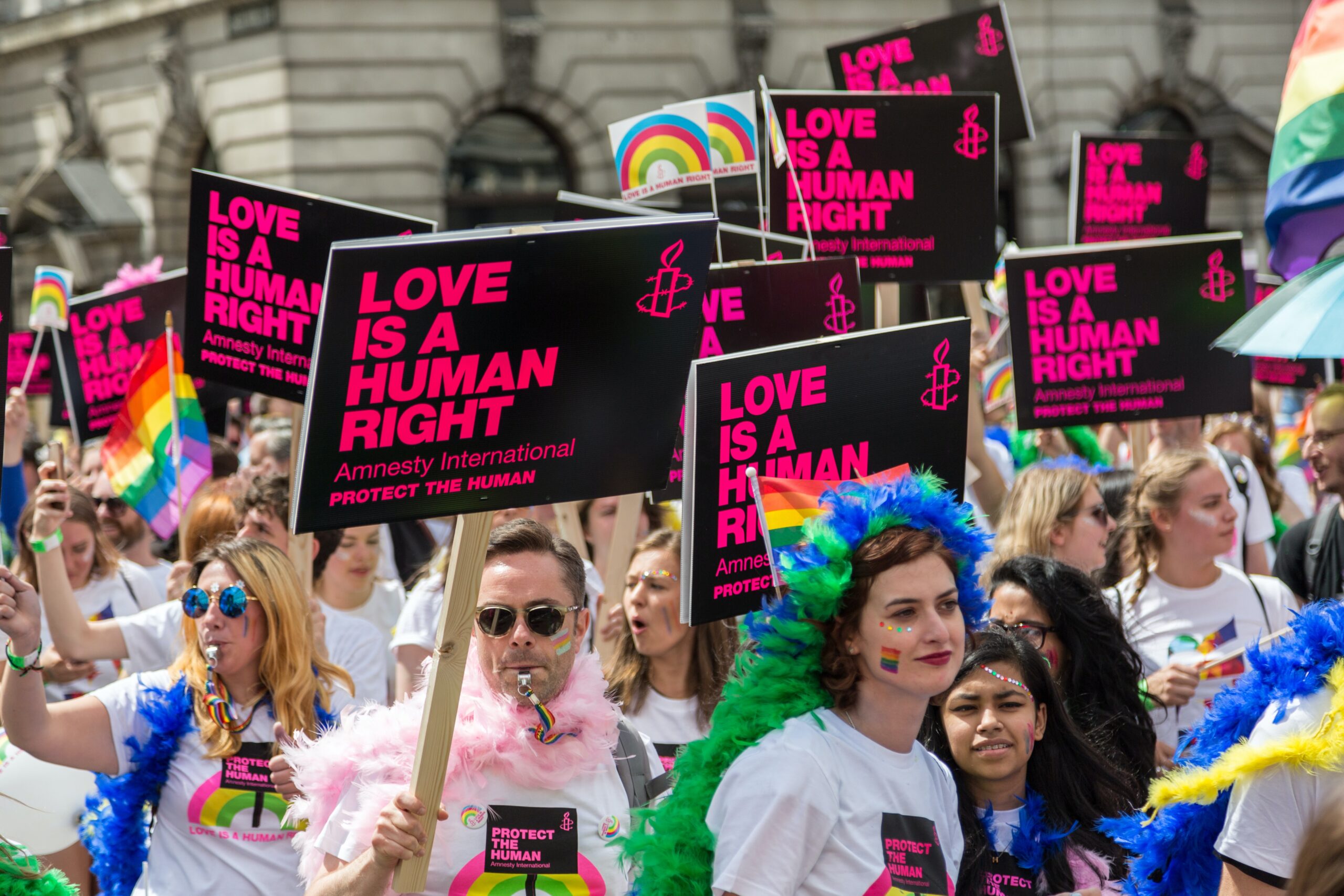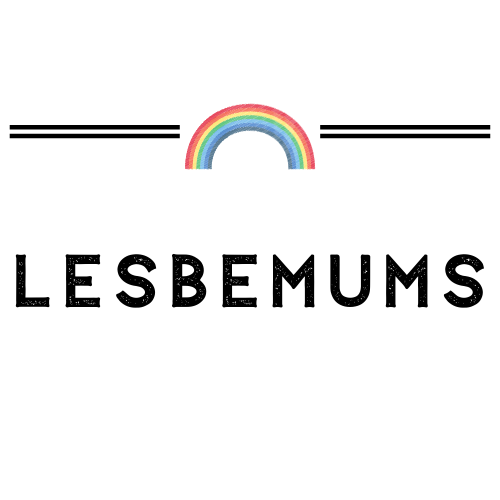12 Iconic LGBTQ+ Moments in History to teach your Children (Plus, Further Resources!).

February is LGBT History Month and I am always excited when I get the opportunity to about our community’s history. Despite popular belief, the LGBTQ community is actually steeped in rich history and iconic moments in time.
Dating back centuries, LGBTQ people have been widely documented in places such as Ancient Greece and East Asia, as well as within pre-colonisation Indigenous communities whereby some people from within those communities adopted the umbrella term “two-spirit” for those who “fulfill a traditional third-gender (or other gender-variant) ceremonial and social role in their cultures“.
In the UK, records show Kings during the 17th Century had a variety of “male lovers” and Trans* people were even documented as early as the 1800’s. But, with mainstream media continually focusing on the HIV/Aids Crisis in the 80’s and Section 28 as our pivotal moments, it’s difficult to focus on our more defining moments such as the formation of Stonewall in 1989 or, more recently in 2022, pardons for those “convicted of crimes related to consensual homosexual activity” lead by Michael Cashman.
LGBTQ Education
Schools are slowly catching up when it comes to LGBTQ education, however we probably still have a long way to go before we see our son being taught about The Stonewall Riots or the fact that his parents only achieved Equal Marriage rights less than 10 years ago in 2014!
With this, I’ve chosen some of our favourite LGBTQ moments in history; highlighting LGBT trailblazers, activists and everyone in between. Feel free to add some of yours below! If you’re interested in further reading, I’ve left some resources at the end of this post!
1969: First British gay activist groups formed in England, Wales & Scotland.
The Campaign for Homosexual Equality (CHE) was the first Gay Activist group within England and Wales and campaigned for “legal and social equality for lesbians, gay men and bisexuals in England and Wales“.
Outright Scotland (previously known as Scottish Minorities Group) followed the same year and was “a self-help organisation working for the rights of homosexual men and women, and had the aims of providing counselling, working for law reform and providing meeting places for lesbians and gay men“.

1972: First “Official” Gay Pride Rally in the UK.
1970 saw the first gay marches across London, but it was in 1972 when the “official” Pride march took place in central London. Chosen to take place on the nearest Saturday to the anniversary of the Stonewall riots of 1969, the marches and protests started out with near to 2,000 attendees and acted as a way to promote LGBTQ rights and equality.
Nowadays, London Pride see’s some 1.5 million people enter the city of London to join in with the event, with other Prides also taking place in Brighton and Manchester throughout the year. Other countries – where LGBTQ citizens have fewer rights than here in the UK – have even followed suit more recently and have been successful in forming their own Pride movements.
1984: First openly gay politician in the UK parliament.
“My name is Chris Smith. I’m the Labour MP for Islington South and Finsbury, and I’m gay” were the words uttered by Chris Smith during a rally in Rugby, Warwickshire as part of a speech that was in protest against a possible ban on gay employees by the town council. The unscripted addition was added last minute, but awarded Smith a standing ovation.
In 2005, Smith also became the first MP to publically acknowledge that he is HIV positive.
1997: Progress relating to the age of consent for homosexual acts being reduced from 18 to 16.
The argument over the age of consent for gay men had been debated since the 1970’s. That is, until the European Commission of Human Rights found in 1997 that the European Convention on Human Rights were violated by a discriminatory age of consent. The government, therefore, submitted that it would propose a Bill to Parliament for a reduction of the age of consent for homosexual acts from 18 to 16 (something that was never set for Lesbians!). This eventually lead to the Act coming into force in 2001.
Under the act, consensual group sex for gay men was also decriminalised.
2000: LGBT people allowed to serve openly in Her Majesty’s Armed Forces.
On 12th January, a new general code of sexual conduct was introduced following a two-year long court battle initiated by Jeanette Smith (Royal Air Force) and Duncan Lustig Prean (a Royal Navy Commander). Both had been dismissed from their retrospective forces due to their identity.

By 2005, the largest of the three services (Royal Navy, British Army and The Royal Air Force) had joined Stonewall’s Diversity Programme. Whilst this is a positive move, with the British Military service working to actively recruit LGBT people, discrimination on the basis of sexual orientation has only been forbidden since 2010!
2006: The Equality Act 2006
Across 2006 and 2007, one of the biggest milestones for marginalised communities came into play; The Equality Act 2006. The 2006 Act soon became a precursor to the 2010 version, but at the time the 2006 version still included protection for the following protected characteristics; age; disability; gender; proposed, commenced or completed gender reassignment; race; religion or belief and sexual orientation.
A year later in 2007, a secondary piece of legislation called the Equality Act (Sexual Orientation) Regulations became law in April, outlawing discrimination in the provision of goods, facilities, services, education and public functions facilities, services, education and public functions based on sexual orientation (this part later became Section 1 of The Equality Act 2010)
2017: First LGBTQ movie to win ‘Best Picture’ at the Oscars.
Whilst there was a mix-up during the ceremony, whereby La La Land was initially announced as the winner, the film Moonlight was eventually crowned as the official winner. The film, which details three defining chapters within the life of Chiron – a young black man growing up in Miami, would be the first LGBTQ-centred film to win in this category.
If you’d like to find more LGBTQ+ films, check out our post here.

2018: First mainstream “Teen Flick” to feature a Gay lead character.
Based on the novel Simon vs. the Homo Sapiens Agenda, the film centres on Simon Spier, a closeted gay high school boy who struggles to balance his home and social life, whilst also dealing with a blackmailer threatening to out him to the entire school and trying discover the identity of an anonymous classmate with whom Simon has fallen in love with online.
2019: PSHE (Personal, Social, Health and Economic) Education and RSE (Relationships and Sex Education) made mandatory in England.
Although only fully taking affect in 2020, in 2019 the House of Lords approved the requirement to acknowledge English laws concerning LGBT rights, as well as the protection of the “physical and mental well-being” of LGBT children, within Primary & Secondary schools within England.
This was a huge move towards more inclusive education and is now quite the opposite to what LGBT education looked like in the late 80’s / early 90’s.
2021 (2020): First Transgender Athlete to Compete in Olympics.
In 2021, within the Tokyo 2020 Olympics, New Zealand’s Laurel Hubbard became the first ever transgender athlete chosen to compete at the event. The 43-year-old became eligible when the International Olympic Committee (IOC) changed its rules in 2015 allowing transgender athletes to compete as a woman if their testosterone levels are below a certain threshold. Unfortunately, Hubbard had to pull out of the event due to an injury, however the New Zealand team maintained their inclusive stance, stating; “we have a strong culture of ‘manaaki’ (respect) and inclusion and respect for all.“

2021: Military Pardons for all gay sex criminal records within the UK military.
A year ago in 2021, the Ministry of Defence introduced the Armed Forces Bill 2021 that automatically pardoned all criminal records relating to gay sex within the UK military. In addition, it was also announced that military personnel dismissed on grounds of homosexuality would also be eligible to have their service medals restored if they had been taken away following their “crimes”.
2021: Blood donation rules for gay and bisexual men relaxed across the UK.
Under previous rules, all men who had sex with men had to abstain from sex for three months in order to donate. The new criteria, which was implemented Summer 2021, focused on individual behaviours. This means that men who have sex with men in a long-term relationship will now be able to donate blood at any time.
In a landmark decision, it means that blood donors who have had one sexual partner and who have been with their sexual partner for more than three months, will be eligible to donate regardless of their gender, their partner’s gender, or the type of sex they have.

Further Reading… (contains affiliate links).
The above are just a few unique moments from our history – but there’s plenty more!
If you would like to read more about the historic events mentioned above, or take part in some further reading, here are a few of our favourite books to get you started:
Disclosure: These links contain affiliate links, meaning if you make a purchase via my link I get a few pennies!
Pride: The Story of the LGBTQ Movement
The Stonewall Reader
Queens English
Have Pride: An Inspirational History of the Pride Movement
Trans Britain
The Little Book of Pride
Queer Power
Loud and Proud
Image Credits:
Banner: Photo by Ian Taylor on Unsplash
Photo by Garvin on Unsplash

